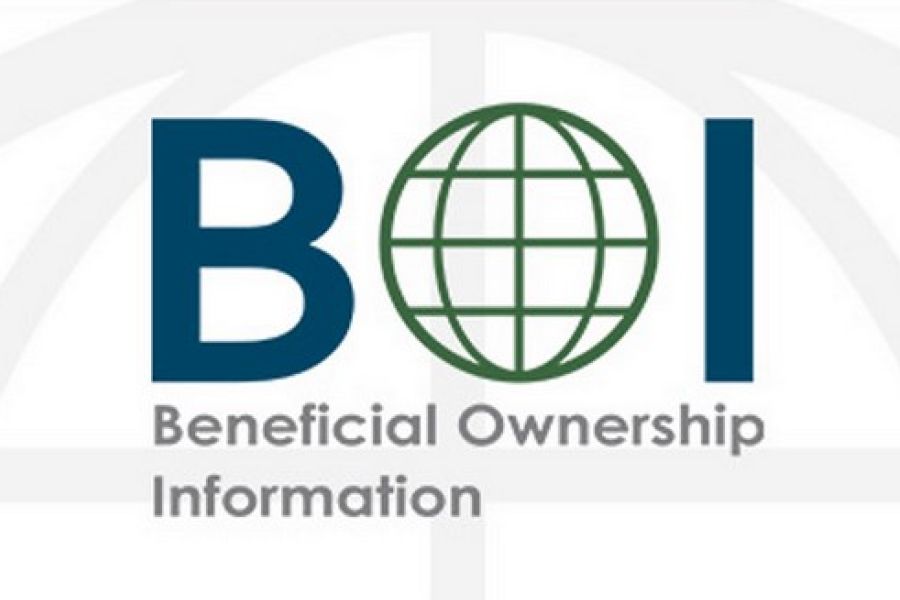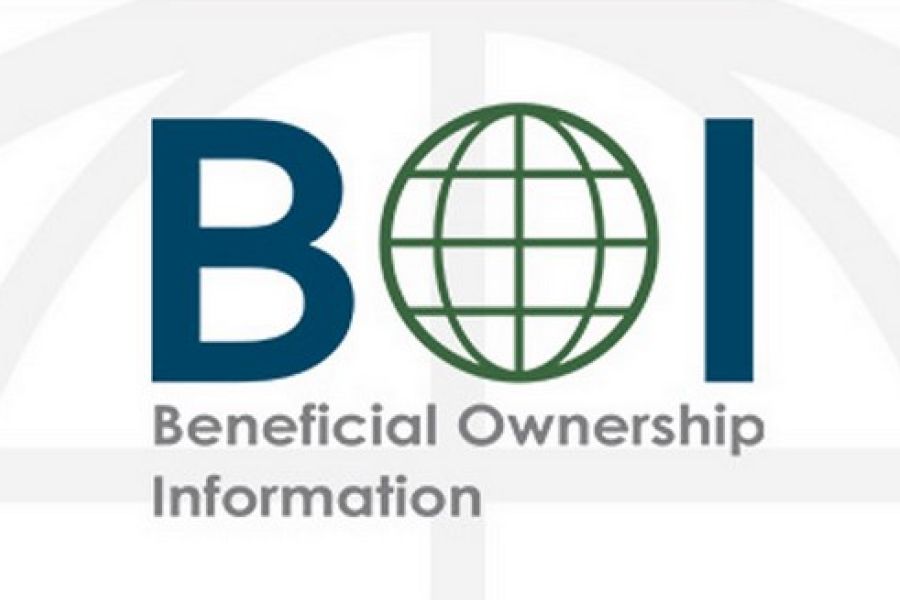When selling business assets, understanding the tax implications is crucial. One area to focus on is Section 1231 of the Internal Revenue Code, which governs the treatment of gains and losses from the sale or exchange of certain business property. Business gain and loss tax basics The federal income tax character of gains and losses from selling business assets can fall into three categories: Capital gains and losses. These result from selling capital assets which are generally defined as property other than 1) inventory and property primarily held for sale to customers, 2) business receivables, 3) real and depreciable business property including rental real estate, and 4) certain intangible assets such as copyrights, musical works and art works created by the taxpayer. Operating businesses typically don’t own capital assets, but they...

According to the U.S. Bureau of Labor Statistics, the unemployment rate continues to be historically low, ranging from 4.0% to 4.3% from May to November of 2024. With today’s hiring challenges, business owners should be aware that the Work Opportunity Tax Credit (WOTC) is available to employers that hire workers from targeted groups who face significant barriers to employment. The tax credit is generally worth as much as $2,400 for each eligible employee (higher for certain veterans and “long-term family assistance recipients”). It’s generally limited to eligible employees who begin working for the employer before January 1, 2026. To satisfy a requirement of the WOTC, a pre-screening notice must be completed by the job applicant and the employer on or before the day a job offer...
In a major development for U.S. businesses, the Financial Crimes Enforcement Network (FinCEN) has announced the reinstatement of the beneficial ownership information (BOI) reporting mandate under the Corporate Transparency Act (CTA). The decision comes on the heels of a February 18, 2025, ruling by the U.S. District Court for the Eastern District of Texas, which lifted a preliminary injunction in the case of Smith, et al. v. U.S. Department of the Treasury, et al. (Case No. 6:24-cv-00336). With this ruling, the filing requirement is back in effect, and a new deadline of March 21, 2025, has been set for most reporting companies. This announcement, detailed in FinCEN Notice FIN-2025-CTA1, marks a significant shift after months of legal uncertainty surrounding the CTA’s BOI requirements. The reinstated mandate...
When deciding on the best structure for your business, one option to consider is a C corporation. This entity offers several advantages and disadvantages that may significantly affect your business operations and financial health. Here’s a detailed look at the pros and cons of operating as a C corporation. Tax implications A C corporation allows the business to be treated and taxed separately from you as the principal owner. The corporate tax rate is currently 21%, which is lower than the highest non-corporate tax rate of 37%. One of the primary disadvantages of a C corporation is double taxation. The corporation’s profits are taxed at the corporate level and then any dividends distributed to shareholders are taxed again at the individual level. This can result in a higher overall tax...
Intangible assets, such as patents, trademarks, copyrights and goodwill, play a crucial role in today’s businesses. The tax treatment of these assets can be complex, but businesses need to understand the issues involved. Here are some answers to frequently asked questions. What are intangible assets? The term “intangibles” covers many items. Determining whether an acquired or created asset or benefit is intangible isn’t always easy. Intangibles include debt instruments, prepaid expenses, non-functional currencies, financial derivatives (including, but not limited to, options, forward or futures contracts, and foreign currency contracts), leases, licenses, memberships, patents, copyrights, franchises, trademarks, trade names, goodwill, annuity contracts, insurance contracts, endowment contracts, customer lists, ownership interests in any business entities (for example, corporations, partnerships, LLCs, trusts and estates) and other rights, assets, instruments and...
In a significant development for businesses across the United States, the legal landscape surrounding the Corporate Transparency Act (CTA) has taken a pivotal turn with the case of Smith et al. v. U.S. Department of the Treasury. Here’s what you need to know about the current state of affairs and what might lie ahead: The Legal Background On January 7, 2025, the U.S. District Court for the Eastern District of Texas issued a preliminary injunction in the case Smith v. U.S. Department of the Treasury, halting the enforcement of the CTA's beneficial ownership information (BOI) reporting requirements. This decision was a direct response to concerns raised by the plaintiffs, Samantha Smith and Robert Means, regarding the applicability and implications of these regulations on their businesses. Recent Developments The Department...
Understanding how to deduct transportation costs could significantly reduce the tax burden on your small business. You and your employees likely incur various local transportation expenses each year, and they have tax implications. Let’s start by defining “local transportation.” It refers to travel when you aren’t away from your tax home long enough to require sleep or rest. Your tax home is the city or general area in which your main place of business is located. Different rules apply if you’re away from your tax home for significantly more than an ordinary workday and you need sleep or rest to do your work. Your work location The most important feature of the local transportation rules is that your commuting costs aren’t deductible. In other words, the fare you...
As a small business owner, managing health care costs for yourself and your employees can be challenging. One effective tool to consider adding is a Health Savings Account (HSA). HSAs offer a range of benefits that can help you save on health care expenses while providing valuable tax advantages. You may already have an HSA. It’s a good time to review how these accounts work because the IRS has announced the relevant inflation-adjusted amounts for 2025. HSA basics For eligible individuals, HSAs offer a tax-advantaged way to set aside funds (or have their employers do so) to meet future medical needs. Employees can’t be enrolled in Medicare or claimed on someone else’s tax return. Here are the key tax benefits: Contributions that participants make to an HSA are...
You’re not alone if you’re confused about the federal tax treatment of business-related meal and entertainment expenses. The rules have changed in recent years. Let’s take a look at what you can deduct in 2024. Current law The Tax Cuts and Jobs Act eliminated deductions for most business-related entertainment expenses. That means, for example, that you can’t deduct any part of the cost of taking clients out for a round of golf or to a football game. You can still generally deduct 50% of the cost of food and beverages when they’re business-related or consumed during business-related entertainment. Allowable food and beverage costs IRS regulations clarify that food and beverages are all related items whether they’re characterized as meals, snacks, etc. Food and beverage costs include sales tax, delivery fees...
If you own a growing, unincorporated small business, you may be concerned about high self-employment (SE) tax bills. The SE tax is how Social Security and Medicare taxes are collected from self-employed individuals like you. SE tax basics The maximum 15.3% SE tax rate hits the first $168,600 of your 2024 net SE income. The 15.3% rate is comprised of the 12.4% rate for the Social Security tax component plus the 2.9% rate for the Medicare tax component. For 2025, the maximum 15.3% SE tax rate will hit the first $176,100 of your net SE income. Above those thresholds, the SE tax’s 12.4% Social Security tax component goes away, but the 2.9% Medicare tax component continues for all income. How high can your SE tax bill go? Maybe a...











